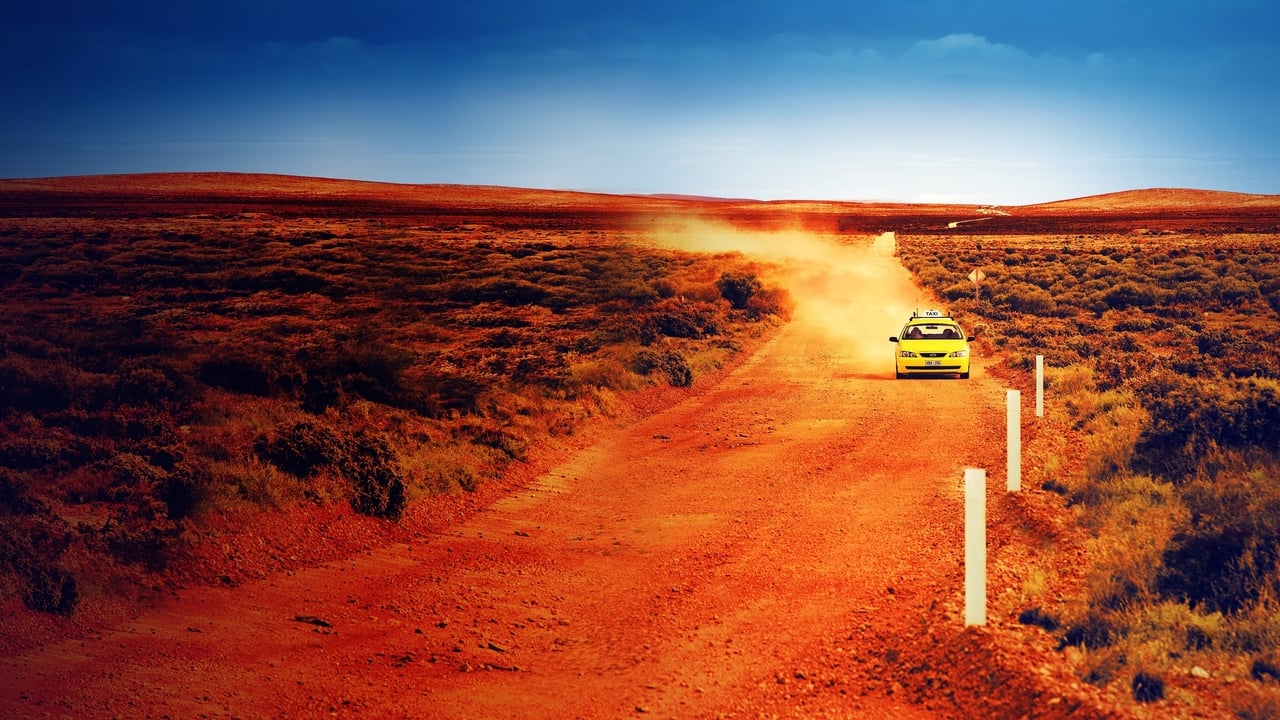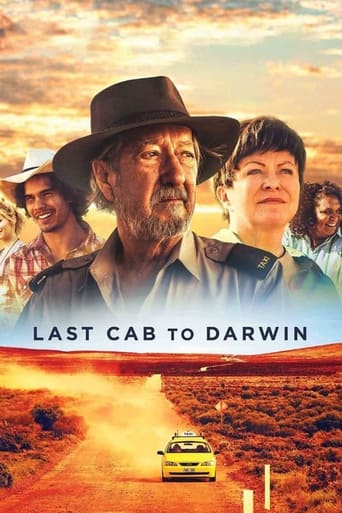

As somebody who had not heard any of this before, it became a curious phenomenon to sit and watch a film and slowly have the realities begin to click into place.
... View MoreEach character in this movie — down to the smallest one — is an individual rather than a type, prone to spontaneous changes of mood and sometimes amusing outbursts of pettiness or ill humor.
... View MoreIf you're interested in the topic at hand, you should just watch it and judge yourself because the reviews have gone very biased by people that didn't even watch it and just hate (or love) the creator. I liked it, it was well written, narrated, and directed and it was about a topic that interests me.
... View MoreIt's a good bad... and worth a popcorn matinée. While it's easy to lament what could have been...
... View MoreThis is the kind of movie, when I was young I took a bus ticket to town for, and went in a small art movie theater watch original movies.The story is simple, but the actors look like they have been filmed, not playing a role, but living it. Sure there are a few flaws. The Doctor not looks real, compared to the other characters, some people encountered are a bit too stereotype, but you always get involved with this "normal" Joe Taxi driver.The pace is slow, but nevertheless, you are at the edge of your seat, what will happen next. I got sentimental in the beginning of the movie, what he would do to the dog. It even upset me so much, that I thought now the movie was ruined for me. Lucky it did not, and I saw the best, most human movie this year.
... View MoreThere was no need for this movie to be two hours long, and I was squirming by the end, couldn't wait for it to be over. 1.5 hours would have been long enough.The film had some nice scenery and that's about it. Other than that it was just a collection of stereotypes.Clichéd white ocker Aussie characters using true blue fair dinkum Aussie lingo.Aboriginal characters speaking pidgin English, kind-hearted blackfellas with drinking problems.Outback pubs, lots of Carlton product placement, the whole movie was shot like a beer ad.Contrived relationship between old white man and aboriginal woman. Was that supposed to be anti-racist? The characters were two-dimensional and unconvincing.This movie was a two-hour cringefest and four stars is the absolute maximum I could give it, and it only gets those because it was relatively well-shot and well-produced, and had some amusing moments.
... View MoreLast Cab to Darwin. Making "The Best of Fest" list at the Palm Spring International Film Festival, this touching film out of Australia follows Broken Hill taxi driver (Rex - Michael Caton) who spends his days in transporting locals to and from, his nights drinking beers with his buddies (excellent character actors John Howard, David Field and Alan Dukes), and occasionally ending his evenings with his aboriginal neighbor Polly (star is born: Nignali Lawford). When he learns he has terminal cancer, he leaves everything behind and embarks on 1,865 mile road trip to meet a doctor (the always terrific Jacki Weaver - Silver Linings Playbook) who has an euthanasia machine. Ready to face the end on his own, his road trip forces him to live outside of his box, as he picks up a cheery hitchhiker (the very funny Tilly - Mark Coles Smith) and bar maid/nurse (Julie - Emma Hamilton). Director Jeremy Sims, along with cinematographer Steve Arnold, beautifully capture the outbacks appeal and desolation. While Caton, Lawford, Smith and Hamilton are relative unknowns in the US, if this film obtains distribution they will quickly gain stateside recognition. This road trip movie covers plenty of issues, and what better place to work things out then on the road.
... View MoreI've read the negative reviews of the movie and it appears they have little sympathy for the harsh reality of the film LMAO. If I wanted to see a beautiful Australia or doing right to Aborigines I go watch nature channel or Crocodile Dundee. The unwillingness to accept the fate the movie has bestow to the viewer at front is astonishing mind boggling they deserve their own Darwin award.The movie is sad, it's depressing. It's not going to make you feel good aside from the few moments. So if you're expecting something entirely different than what it's going to give you then you're going to have to join the negative reviewers and grab yourself a Darwin award.Whether Rex lives or dies is inconsequential. It's his denial of his life and the people around him that is in question.Enjoy the movie. It's not a great movie but it's a good movie worth watching.
... View More